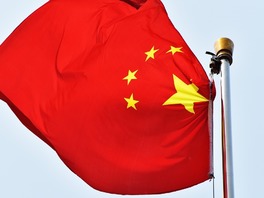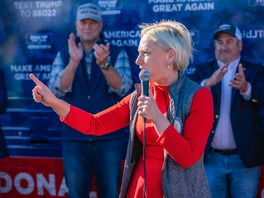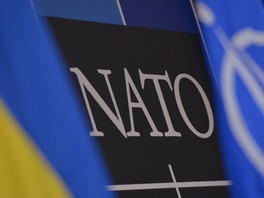Russian Defense Minister Sergei Shoigu announced that Russia’s military will form 20 new units in the country's west this year to counter what he claims is a growing threat from NATO. When asked on Monday during a press conference ahead of the meetings of NATO Ministers of Foreign Affairs and NATO Ministers of Defence about Russia’s plans, NATO Secretary-General Jens Stoltenberg noted that the alliance is ready to protect its allies.
With this, the Secretary-General of the North Atlantic Alliance noted that Russia has not only been investing heavily in its military but also willing to use its military against its neighbors.
“What we see is a pattern of Russian behavior where Russia over the last years has invested heavily in new modern military capabilities from conventional to nuclear weapon systems. Not only that but that Russia has been willing to use military force against neighbors in Georgia and Ukraine, continuing to destabilize Donbas and eastern Ukraine and illegally annexing Crimea,” Stoltenberg stated.
According to him, Russia's aggressive actions have become one of the reasons why NATO has increased alliance’s readiness to respond.
“This is one of the main reasons why NATO over the last years has increased the readiness of our forces and also why we have deployed battle groups to the eastern part of the alliance,” Stoltenberg said.
At the same time, the NATO Secretary-General noted that the alliance will continue a dual-track approach to Russia, meaning that NATO is providing credible deterrence and defence, at the same time working to have a meaningful dialogue with Russia.
"We believe in dialogue partly to strive for a better relationship with our neighbour Russia, but also because even if we're not able to, even without any improved relationship with Russia, it is important to manage a difficult relationship with Russia, with transparency on military activities, risk reduction, and also for instance, issues like arms control,” Stoltenberg concluded.






